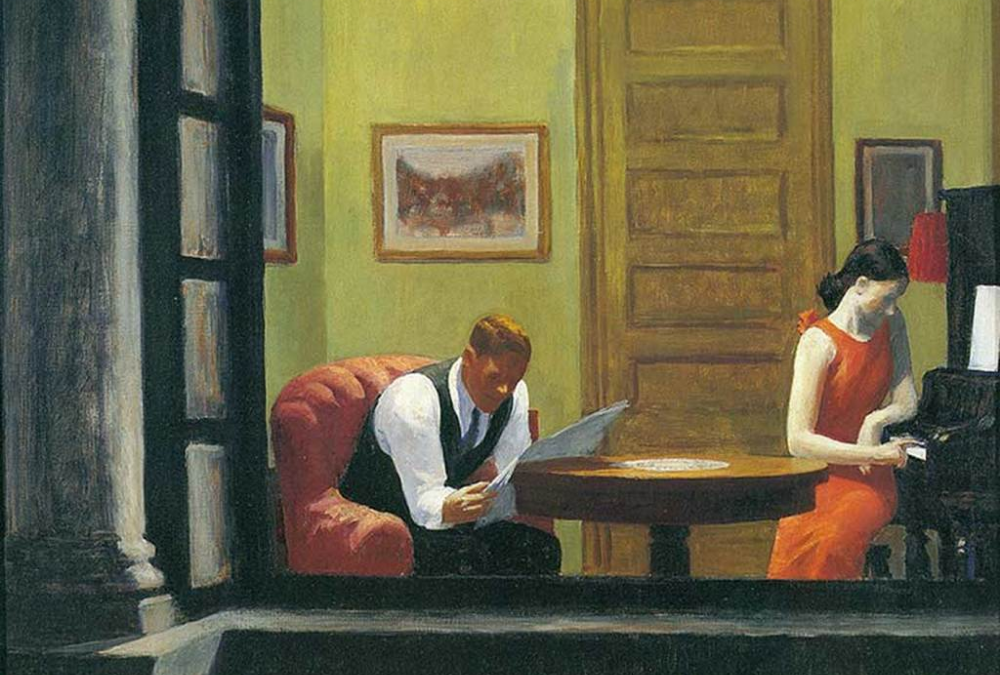A lack or loss of mutual understanding represents one of the major deterrents to happiness in a relationship. Indeed, couples go through a crisis when they feel they cannot understand and are not entirely understood by the other partner. A counsellor only has to work with couples for a few sessions to notice that when they feel unhappy is because understanding and being understood has been extremely going wrong for a while. How often do we hear “my wife, my husband, my partner … doesn’t understand me?!” Nevertheless, the idea that each partner can (or should) have a complete understanding of the other is an illusion. We all have our view of the truth, but when we cannot conceive the Other’s truth as ‘good enough’ as ours, then the other’s different view can be experienced as a deliberate misunderstanding or a lie.
What are the causes of this difficulty?
Most of the times is a matter of language. In fact, words themselves have more than one meaning, as well as being sometimes unable to capture the significance of everything. For example, in English, to ‘love’ might be referred to a partner as well as to a friend. A different view may take in Italian, where the word “amare” is meant to a romantic partner, whereas “voler bene” is more for friends and family members. Anecdotal evidence suggests that couples can have very different understandings of what a word (such as love) means and can be inadequate in describing complex emotional states. Words are only approximations of what we are trying to express, so in that sense they are prone to misunderstandings. Another issue is that we often don’t feel really heard by the other. In fact, understanding requires a good capacity to listen, and even if we are attentive to words, we might not hear the message, because we may not be truly interested, not wanting to hear nor liking what they are saying. To complicate things further, we also use nonverbal communication to transmit messages, and this communication is often made unconsciously. For example, when we feel anxious, we may transmit anxiety into the other, and as a consequence both partners may find themselves in distressing cycles in which anxiety is passed between them, escalating it rather than containing it between them. Lastly, but not least, to really understand another, we need to be prepared to put aside our opinion and try to understand the other from their point of view. This requires a certain degree of empathy. But empathy is complicated as it needs experience in order to be activated. Not all of us has this type of experience and as much as we try we may not be able to understand the other, even if we really want to.
So, what can we do when to overcome this relationship issue?
It is important to be aware of the limitations of language to express everything, and that full understanding is an illusion. In a healthy relationship, there is an acceptance of this, and if something feels not understood or needs understanding more accurately, then it is ok for the couple to talk, discuss, argue, to later achieve a common understanding of something that more or less can make more sense for both partners. It is also important to remember that the experience of being properly listened to is a powerful emotional experience, so try to really listen to other as if you have had the same experience; and if you have a lack of this lived experience, ask the other to tell you more about it. Show interest, curiosity about the other’s experience. Remember: being in a relationship that is functioning well means that there are two minds, as well as two bodies. When there is something difficult to manage, you can come together with your partner in your different ways to try and think about it. Your different experience and thoughts can be joint together in a unique way, leading to new thoughts and becoming a new creative product of your relationship.
Article adapted from <https://www.bacp.co.uk/bacp-journals/private-practice/winter-2016/what-is-being-in-a-relationship-really-like/>
SUGGESTED READINGS
- Britton R. (1998). Belief and imagination: explorations in psychoanalysis. London: Routledge.
- Morgan M. (2005). On being able to be a couple: the importance of a ‘creative couple’ in psychic life. In: Grier F (ed). Oedipus and the couple. London: Karnac Books; 9–30.
- Ruszczynski S (1993). Psychotherapy with couples: theory and practice at the Institute of Marital studies. London: Karnac.



